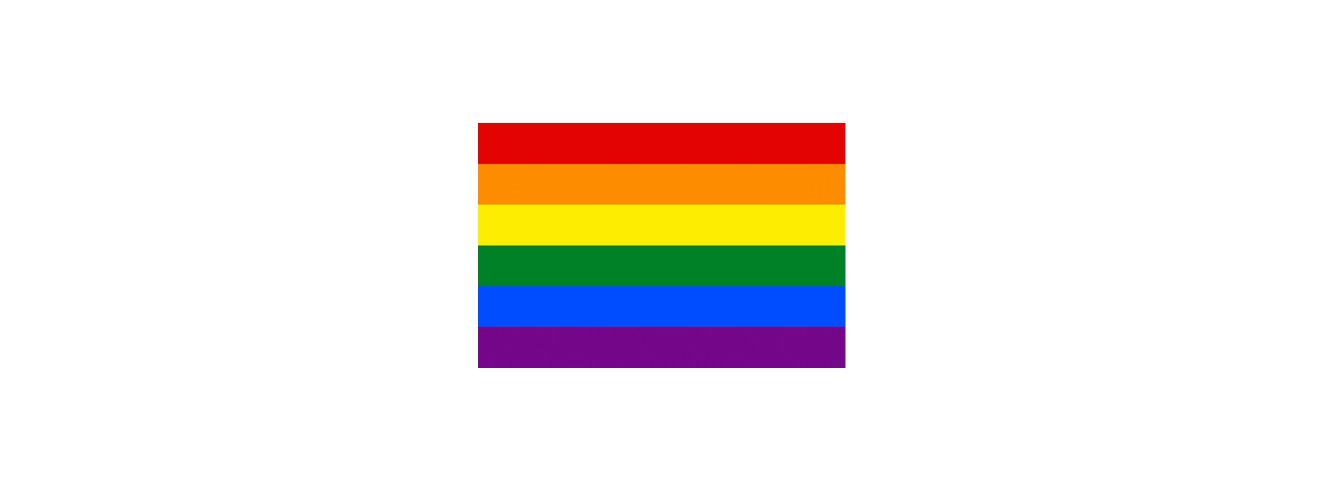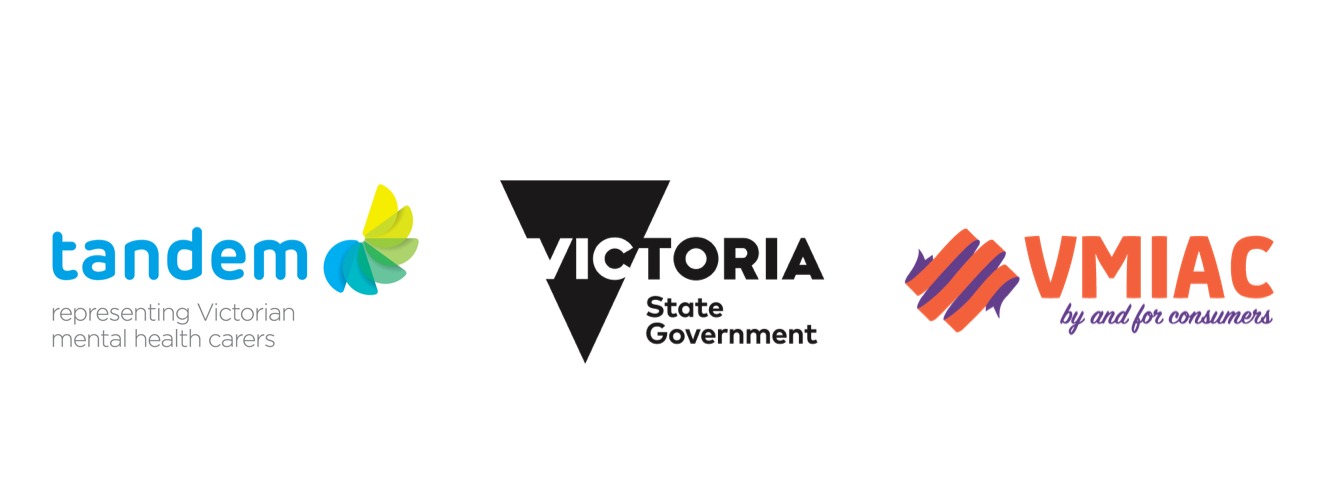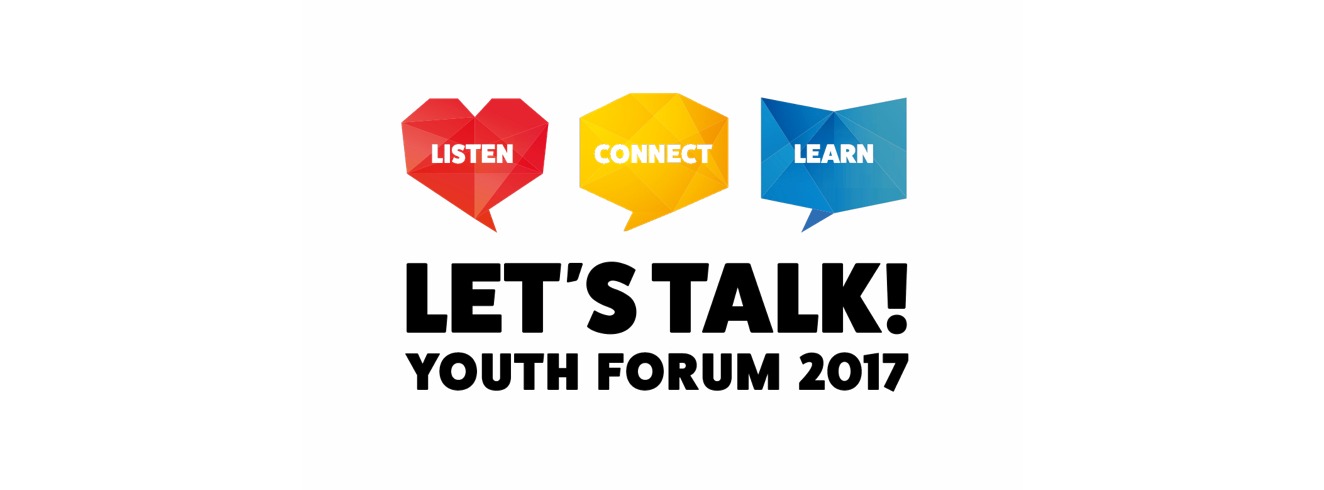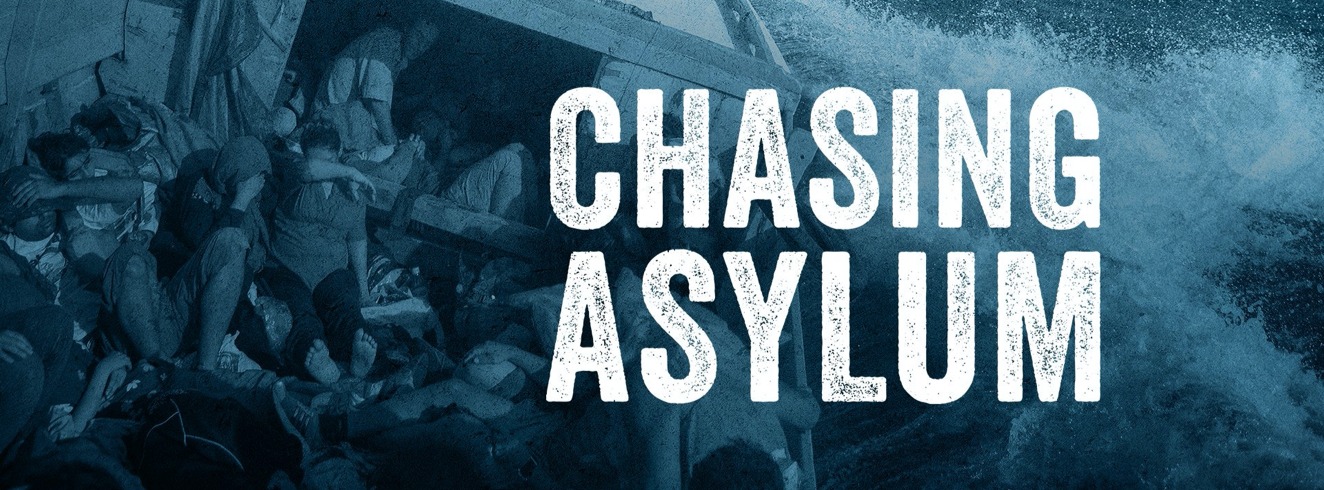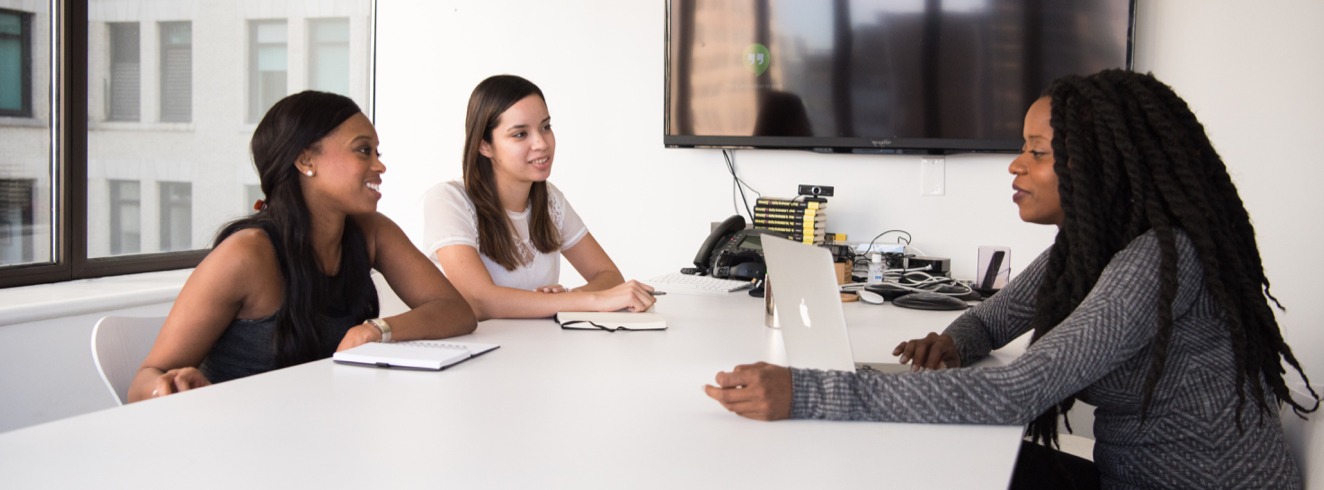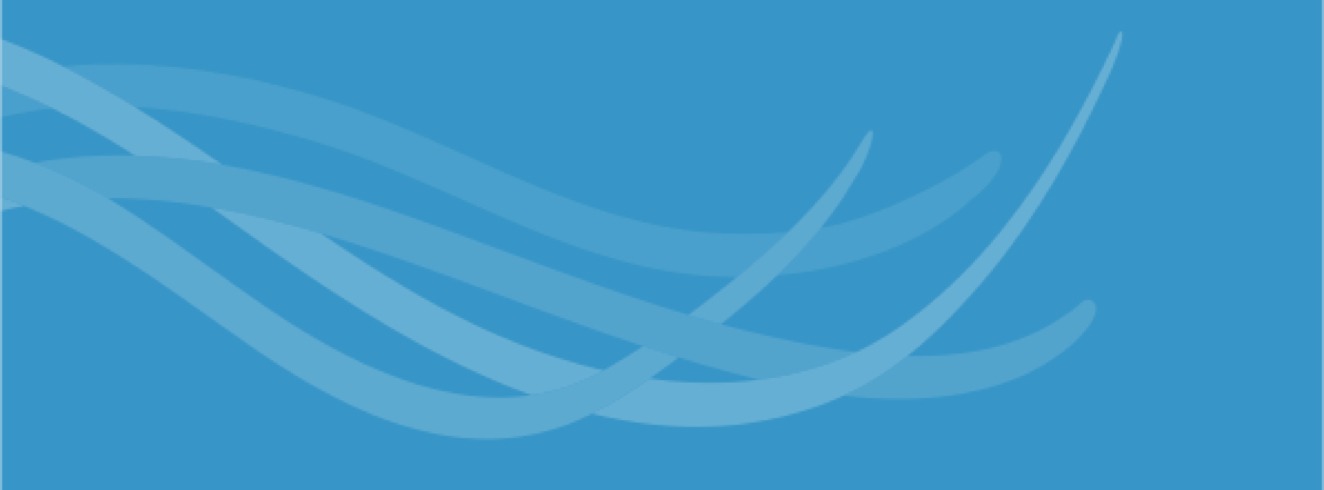
The forum for practitioners working with people experiencing mental health or emotional issues, including consumer and carer peer workers, was presented by Victorian Transcultural Mental Health in collaboration with Spiritual Health Victoria and the spiritual care team at Peter MacCallum Cancer Centre.
Presentations, panel discussions and breakout sessions explored perspectives on spirituality and personal recovery, practice approaches informed by anthropology and psychotherapy, and multi-faith models of spiritual health.


We heard from Camilo Martin, a person with lived experience, on the role nature and faith play in his recovery; Jenny Greenham,from Spiritual Health Victoria, who discussed ‘Making Space for Spirituality ’in mental health work; Peg Levine, an anthropologist and trauma specialist, presented on the power of Morita therapy in healing trauma; and John Adamsons, who shared his reflections on encounters with consumers that are inclusive of faith dialogue.
An opportunity for reflective practice in smaller groups followed, inviting practitioners to experience a spiritual care model they can take back to their work places. The forum concluded with a Q&A session, involving all the speakers, and a networking lunch.
Find out more about the speakers and the program
The forum was a first step toward creating more opportunities for practitioners, consumers, and carers to come together, share perspectives and build capacity.


What did participants find most useful about the forum?
“Practical examples of spiritual care and stories of people who have received this”
“Lived experience. How to promote spirituality as part of the everyday scenario”
“Naming the elephant in the room”
“Incorporating both consumers and providers”
The organising committee would like to thank all the presenters and the partner agencies who assisted in developing this forum.

VTMH hosts a number of Forums each year. Register with our mailing list to receive updates.
